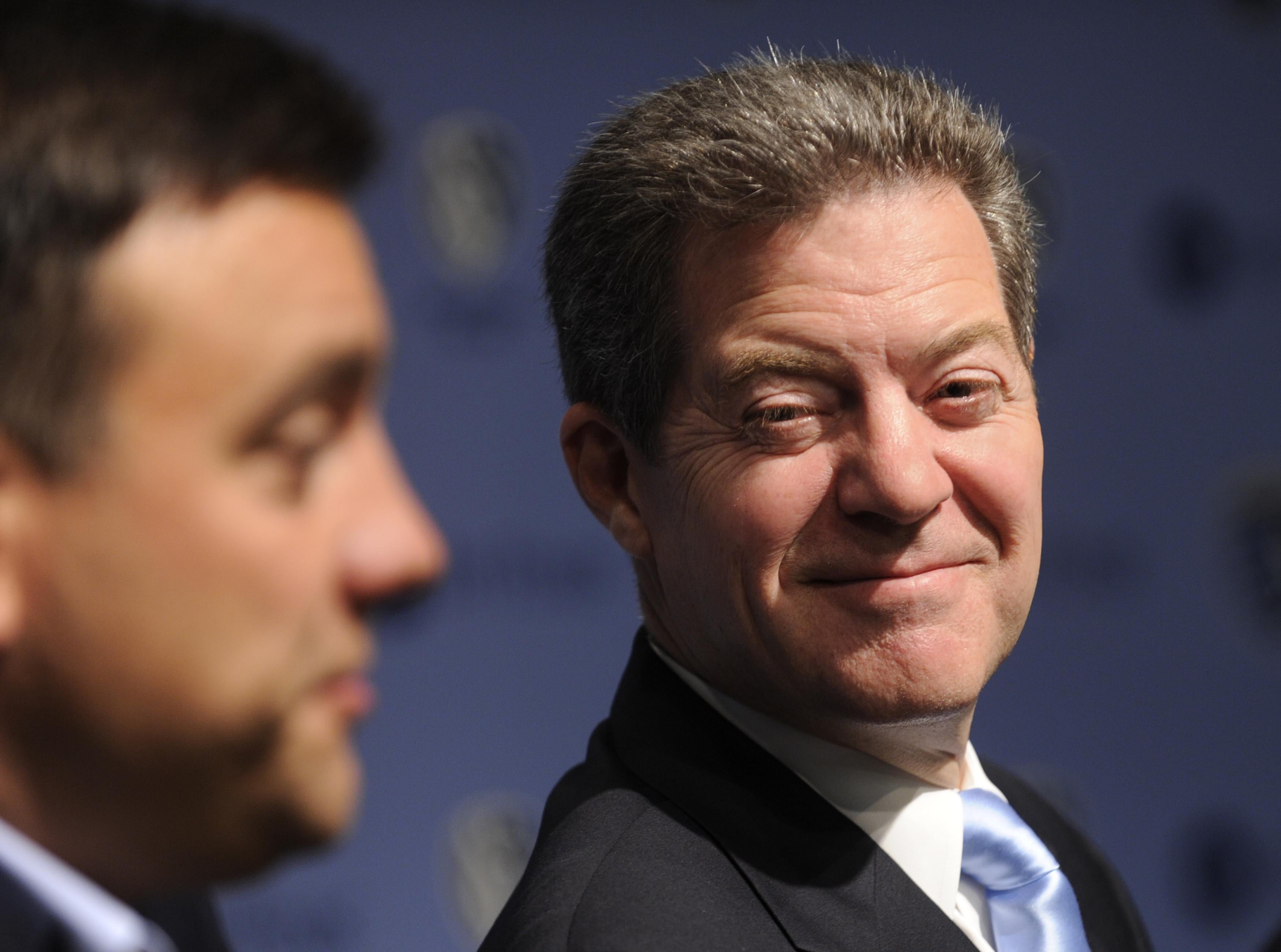In 2012, Kansas passed large tax cuts championed by Republican governor Sam Brownback and Ronald Reagan-affiliated economist Arthur Laffer, who said the move would create tens of thousands of jobs and result in “enormous prosperity.” But the state has subsequently added jobs at a slower rate than neighboring states (and the country as a whole) while coming up against significant revenue shortfalls. These shortages have been even more severe than the state projected, and the New York Times’ Josh Barro writes today that new numbers indicate the problem is only going to get worse:
Revenue numbers for July through September, the first three months of fiscal year 2015, suggest Kansas’ revenue gap is permanent, not temporary. The state anticipated $578 million in personal income tax collections over the summer, but it took in just $524 million, a miss of more than 10 percent. That was nationally atypical; according to the Rockefeller Institute of Government, 14 states have published projected and actual monthly personal income tax receipts through September, and the other 13 all came within 5 percent of expectations.
By the end of this fiscal year, Barro estimates, the state—which spends about $14 billion annually—could be as much as $500 million short of its income tax projections. The gap has become an issue in Brownback’s gubernatorial campaign against Democrat Paul Davis, which is currently considered a toss-up by Real Clear Politics despite Kansans’ typically conservative voting patterns.
